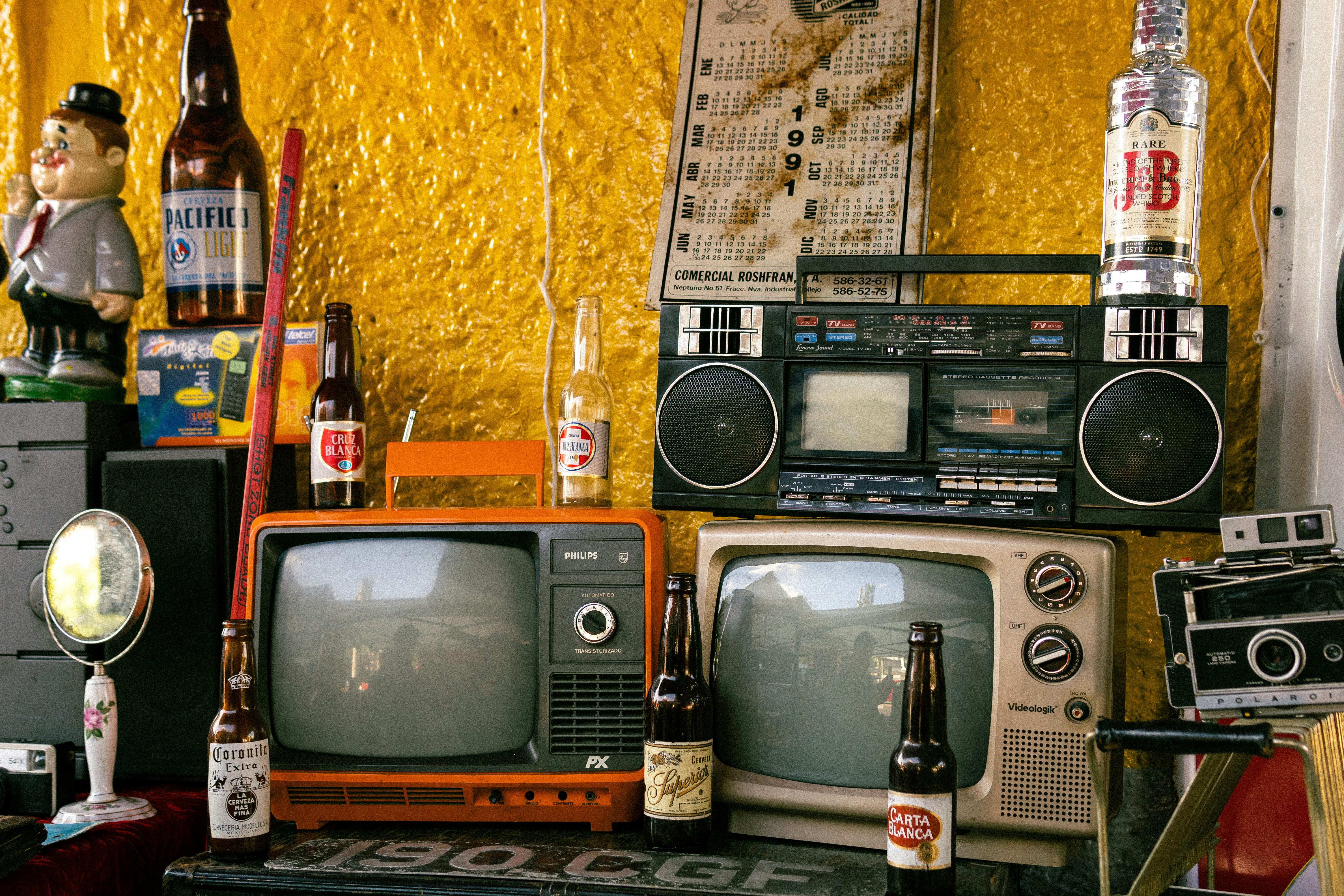Creating the Ultimate Meal for Feeding Long-Term Space Travelers: Nutrition Beyond Earth

Scientists have developed an ideal "space meal" suitable for astronauts during prolonged missions. This meal focuses on a nutritious vegetarian salad balancing the increased nutritional needs of astronauts with sustainable growth and minimal resource use. The information is provided by SciTechDaily.com.
A vegetarian salad has been developed by researchers as the optimal space meal for male astronauts combining both nutritional value and sustainability. This meal, having been positively tested on Earth, could be an essential part of long-duration space journeys.
Imagine embarking on a multi-year trip to Mars, surviving mainly on tasteless, pre-packaged meals. As longer missions become more viable, space agencies are facing the challenge of feeding their astronauts appropriately. Now, researchers in ACS Food Science & Technology have created the perfect "space meal": a flavorful vegetarian salad. They selected fresh ingredients that satisfy male astronauts' specific dietary requirements and can be cultivated in space.
Astronauts in space require more calories than humans on Earth due to an increased metabolic rate and must consume extra micronutrients, such as calcium, to stay healthy under prolonged exposure to microgravity. Additionally, future extended missions will necessitate sustainable food production within the spacecraft or space colonies. Although there have been explorations into methods of cultivating food in space and studying the nutrient requirements of astronauts, no specific fresh meals have been designed to date. Therefore, Volker Hessel and colleagues aimed to create a space meal that meets the distinctive demands of space travel and also tastes good.
A salad consisting of soybeans, poppy seeds, barley, kale, peanuts, sweet potato, and sunflower seeds could be the suitable meal for men on extended space missions. Information taken from ACS Food Science & Technology 2023, DOI: 10.1021/acsfoodscitech.3c00396.
The research team began by assessing fresh ingredient combinations using a process known as linear programming. This computational technique balances various variables to achieve a specific goal. In this scenario, they determined how effectively different food combinations could satisfy a male astronaut's daily nutritional requirements while minimizing the water needed for food cultivation. The team also focused on the sustainability of the foods in space, selecting ingredients that required less fertilizer, time, and area to grow, and exploring the possibility of recycling inedible parts.
The study explored ten different meal options. A vegetarian salad composed of soybeans, poppy seeds, barley, kale, peanuts, sweet potato, and sunflower seeds was found to offer an efficient balance of essential nutrients and minimal farming resources. Although this combination didn't fully satisfy an astronaut's micronutrient requirements, the researchers suggested any missing elements could be supplemented as needed.
To ensure the selected combination was appetizing, the team prepared the ideal space salad for four individuals to taste test on Earth. One tester was very positive, stating they "wouldn't mind eating this all week as an astronaut". Others were less enthusiastic but still returned for additional servings. In the future, the researchers plan to explore meal options for female astronauts using their computer model and to add more crops to their database.




